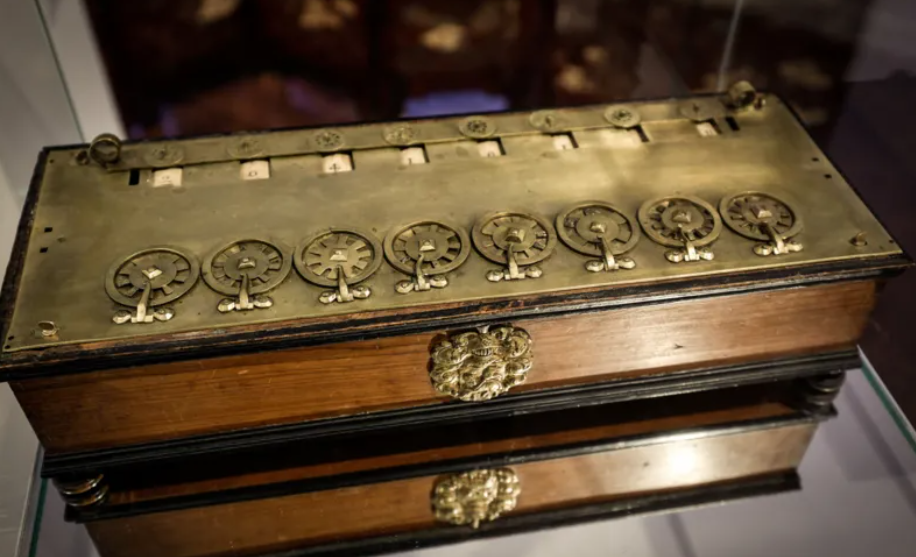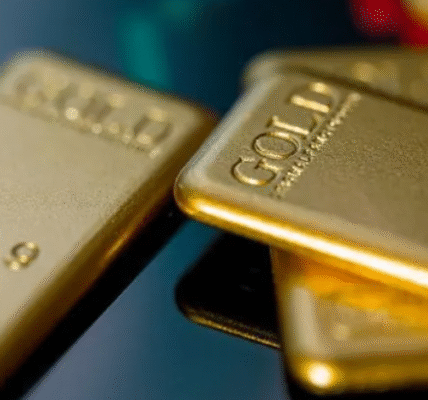Paris Court Blocks Auction of Rare Pascal Calculator
A Paris administrative court has temporarily stopped the scheduled auction of La Pascaline, one of the earliest-known mechanical calculators, ruling that the centuries-old device cannot be exported until a final legal decision is made. The historic ruling has disrupted plans by auction house Christie’s, which intended to showcase the machine as the star item in an upcoming sale.
Christie’s Suspends Sale After Export Approval Challenged
Christie’s confirmed it will pause the bidding process for La Pascaline following the court’s provisional order. Earlier this year, France’s culture ministry had issued an export certificate for the device, but heritage organizations and scientists launched a legal appeal, arguing the authorisation was flawed and that the machine qualifies as a national treasure under French law.
The court said there were “serious doubts” surrounding the legality of the export clearance, prompting an immediate suspension. Christie’s, in a statement to AFP, said it would comply with the ruling and the instructions of its client.
A Rare Scientific Masterpiece Worth Millions
Developed by mathematician Blaise Pascal in 1642 when he was just 19 years old, La Pascaline is considered the earliest mechanical calculator capable of performing arithmetic operations. Experts describe it as a revolutionary leap in scientific innovation—“the first attempt in history to replace human calculation with a machine.”
Valuations estimated the device could sell for €2 million to €3 million (£1.7m–£2.6m), making it one of the most valuable scientific artifacts ever offered at auction. Only nine known Pascaline machines exist today.
Global Exhibitions and Collector Interest
Before the legal dispute, La Pascaline had been displayed at Christie’s galleries across New York and Hong Kong, attracting significant attention from historians, researchers, and collectors. The calculator was listed as part of the late Catalan collector Léon Parcé’s library auction, which also included rare works such as Pascal’s Pensées and the first printed version of Pascal’s wager.
Heritage Groups Welcome the Court’s Intervention
The heritage organization Association Sites & Monuments, which joined the legal appeal, praised the court for protecting what it called a “scientific treasure of national importance.” The group argued that exporting the device could result in the permanent loss of a critical piece of French scientific heritage.
The court emphasized that La Pascaline’s historical and technological significance could justify classification as a national treasure, granting it strong legal protections under France’s heritage code.
What Happens Next?
The Paris court’s decision remains provisional while judges review the legality of the original export certificate. A final ruling will determine whether La Pascaline can be sold internationally or must remain in France as a protected cultural artifact.
For now, Christie’s has halted the sale, and the future of Blaise Pascal’s groundbreaking invention remains tied to an ongoing legal battle.





